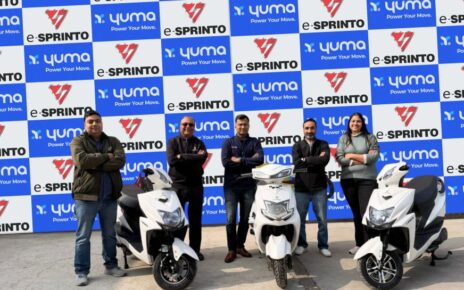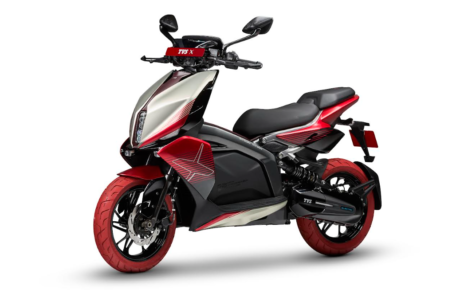PMI Electro Mobility, a leading and dynamic player in the Electric Buses segment today announced that it has entered into an agreement with Brihan Mumbai Electric Supply & Transport Undertaking (BEST) to supply 250, twelve-meter electric buses on. The agreement was signed by Shri Anil Diggikar, IAS, General Manager, BEST and Mr. Dipesh Dwivedi, Director, PMI Electro Mobility. The company will deliver these buses in different lots by Q2 of FY26.

Speaking at the occasion, Dr. Aanchal Jain, CEO, PMI Electro Mobility Solutions Pvt. Ltd, said, “It is indeed an honour for us to commence operations in the financial capital of the country and are thankful to BEST for giving us this opportunity to serve people of Mumbai and its extended suburbs who travel long distances everyday”.
“Our electric buses are designed to offer not only superior performance, safety and reliability but also a cleaner, greener alternative for intracity travel. This agreement aligns perfectly with our vision to lead the transition to electric mobility in India combined with honourable Prime Minister’s dream of making India a net zero nation by 2070”, added Dr. Jain.
PMI Electro Mobility will deliver 250 single decker airconditioned electric buses equipped with advanced technology and features designed to provide a comfortable, safe, and eco-friendly travel experience for passengers. These buses are set to operate across various routes in Mumbai and its extended suburbs under GCC model thereby enhancing the connectivity within the city limits while significantly reducing the carbon footprint.
PMI Electro Mobility is currently running over 1700 electric buses in the country across 31 cities starting from Leh to Kerala. Mumbai would be the second city in Maharashtra after Nagpur where 144 electric buses are successfully running. These electric buses are expected to save around ~300,000 equivalent tons of carbon dioxide and over 125 million litres of diesel over 12 years of its operation.




